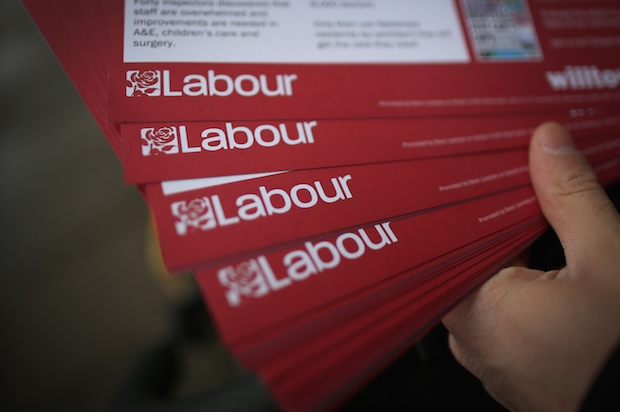Which party is the most negative in this election campaign? All of them have spent a great deal of time being negative about their opponents’ apparent negativity, claiming that only their own party is running a positive campaign about the future for this country, and so on. But it’s easy to make grand claims, and even easier not to measure up to them at all.
To give us an answer, academics at British Election Leaflet Project at the University of Nottingham have analysed leaflets from the parties in this campaign. They looked at 1,300 pieces of election literature from nearly 300 constituencies. All the leaflets were uploaded on electionleaflets.org. Their findings are quite surprising. It turns out that Ukip is the most positive party according to the project’s criteria – the issues covered, the types of images used, and whether the party talked about its opponents. Just 35 per cent of the party’s leaflets included an attack on another party. The Greens were negative in 40 per cent of their leaflets.
[datawrapper chart=”http://static.spectator.co.uk/Ueixo/index.html”]
When it comes to the main parties, the result is again rather surprising. Labour has complained in the media about a campaign of ‘fear and smear’. But 82 per cent of its leaflets contain at least one message attacking the policy positions, record or qualifications of another party. Understandable, perhaps, if you’re in Opposition. But it’s still negative.
The Lib Dems were the second most negative, with 81 per cent of their literature containing some form of attack. The Tories were still only positive in 30 per cent of their leaflets, but this puts them 10 points below the other two main parties in terms of negativity.
You can upload any leaflets you receive to electionleaflets.org







Comments